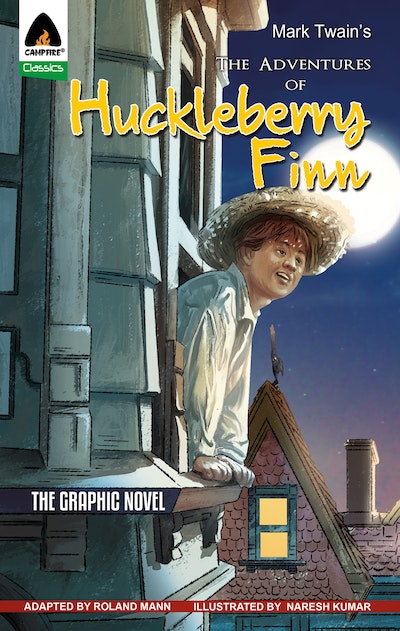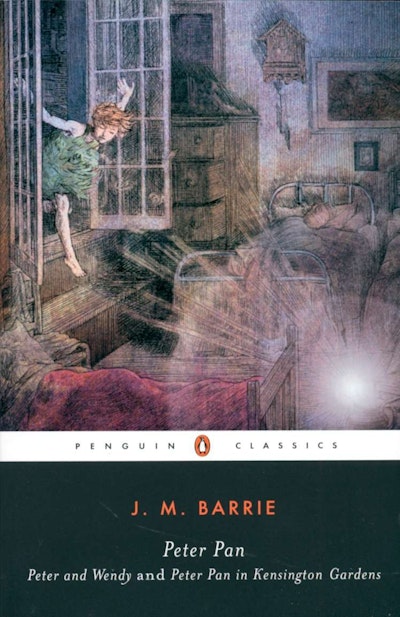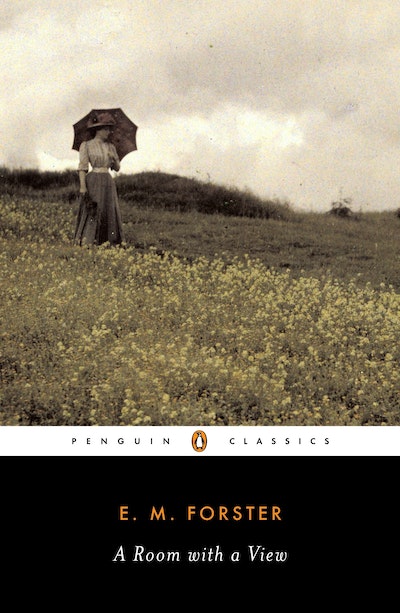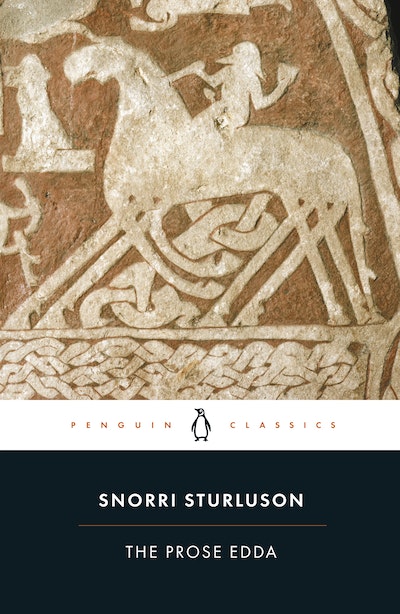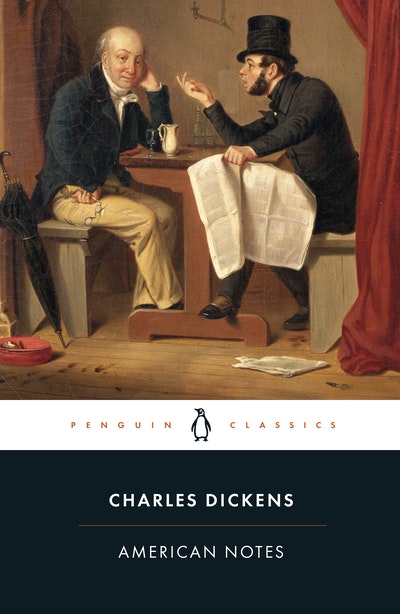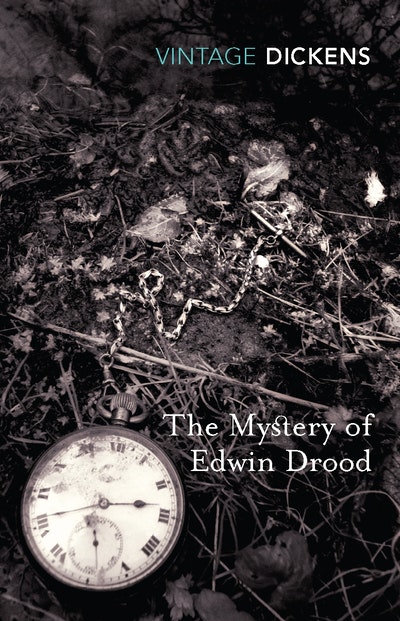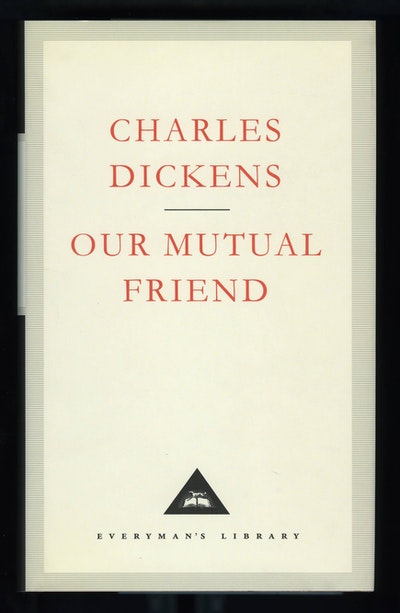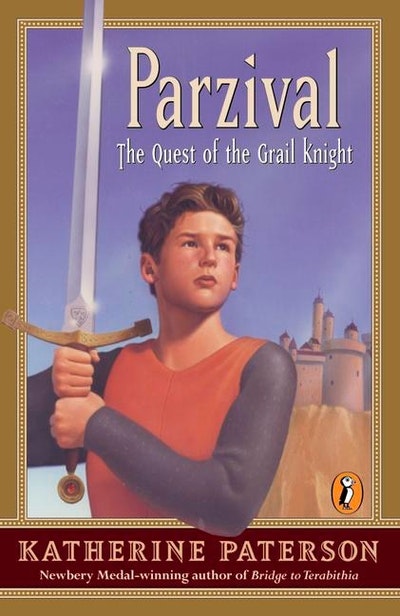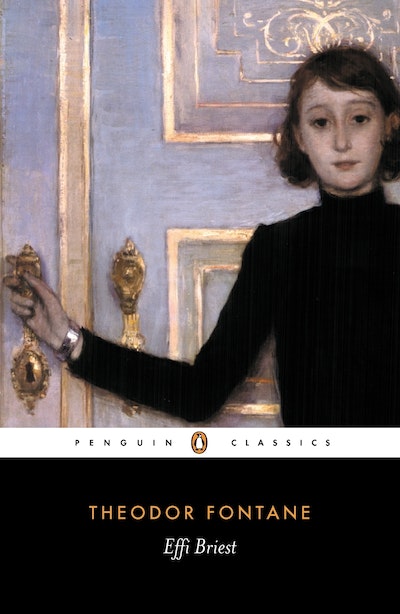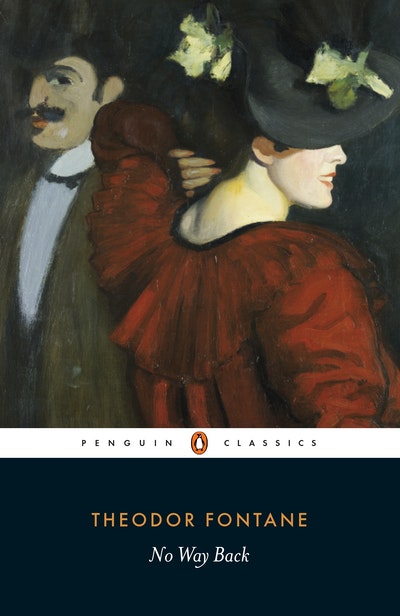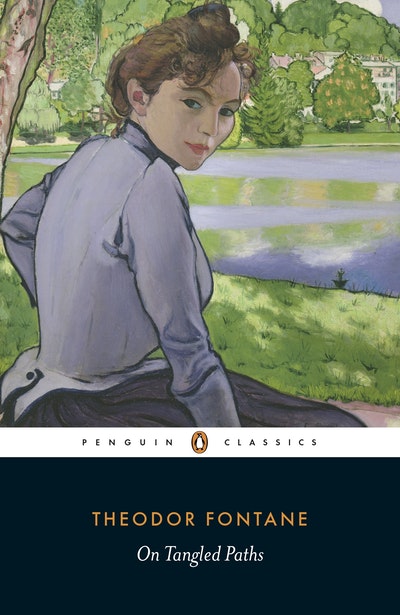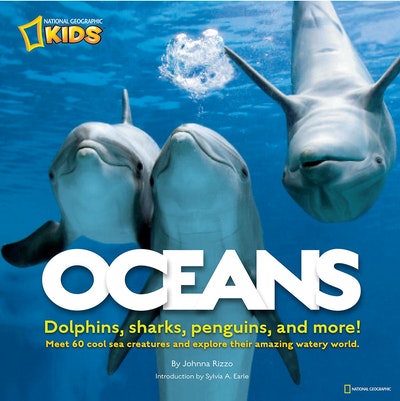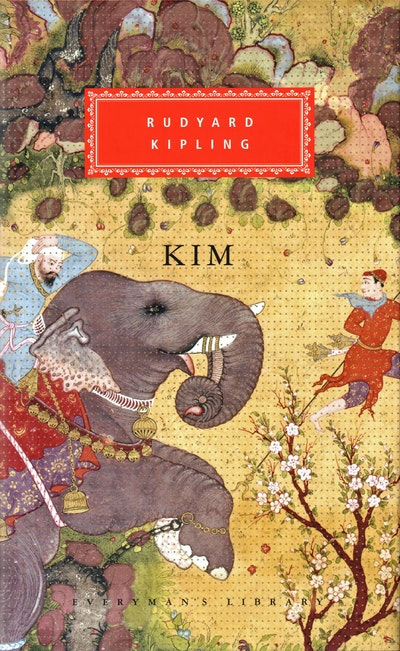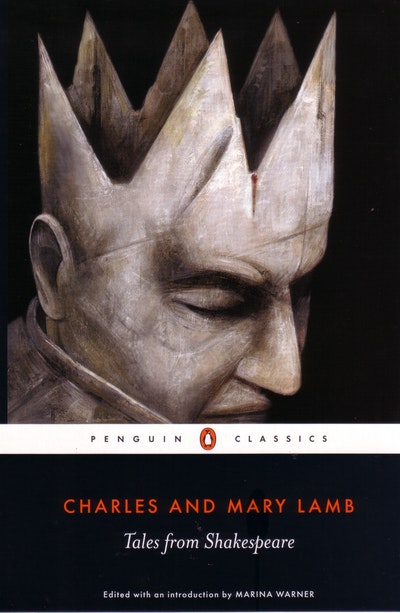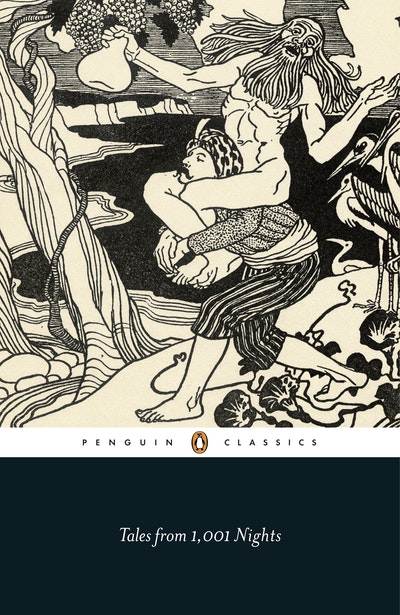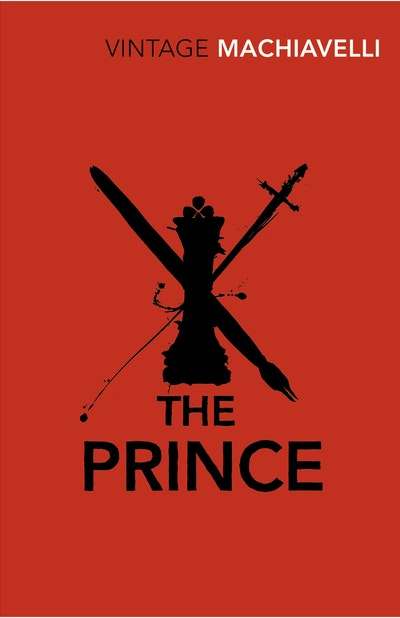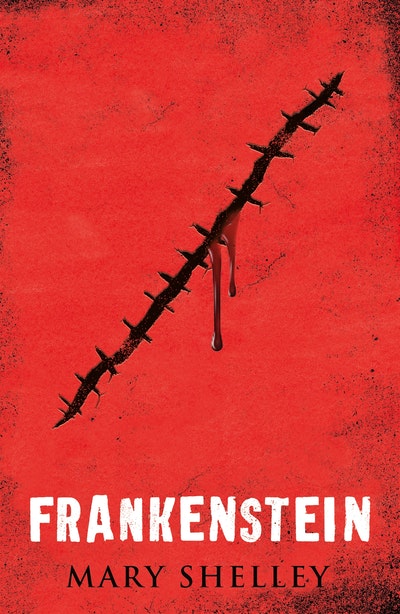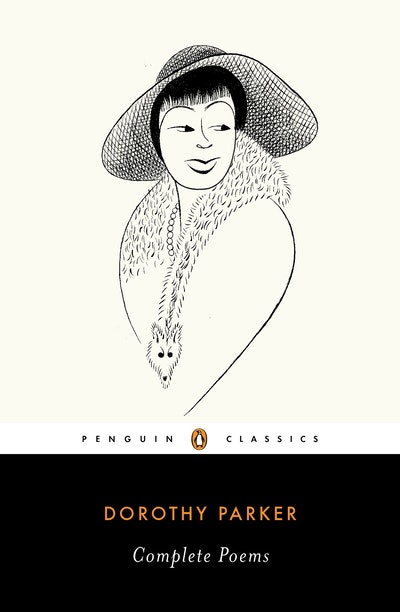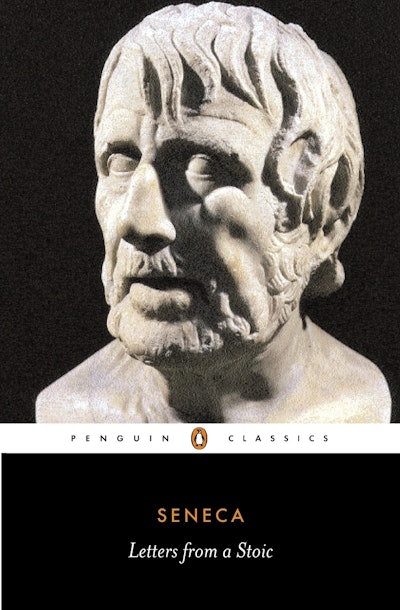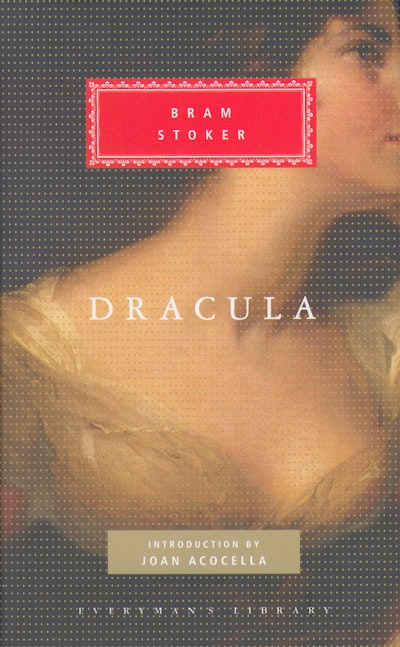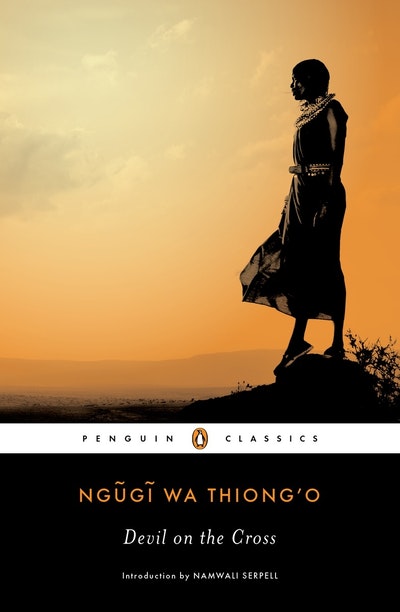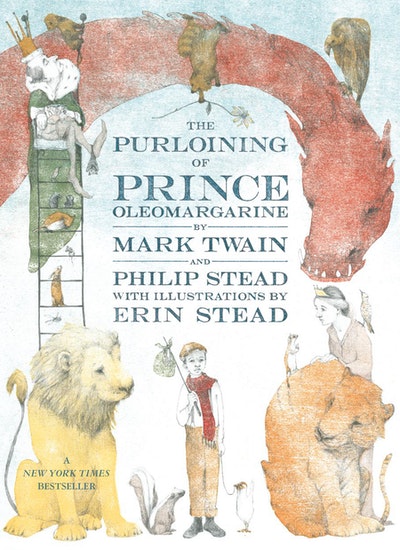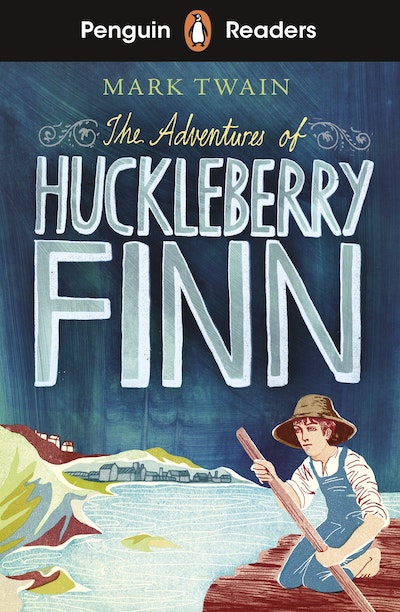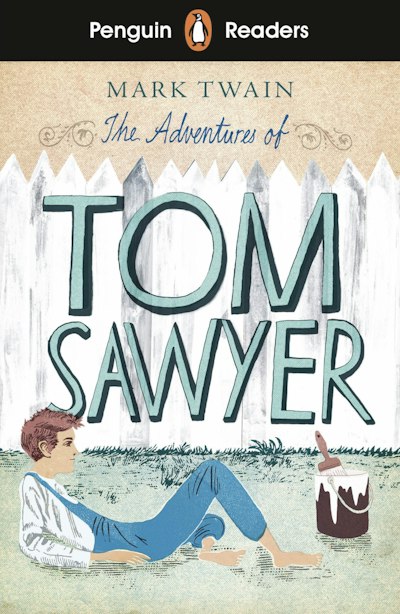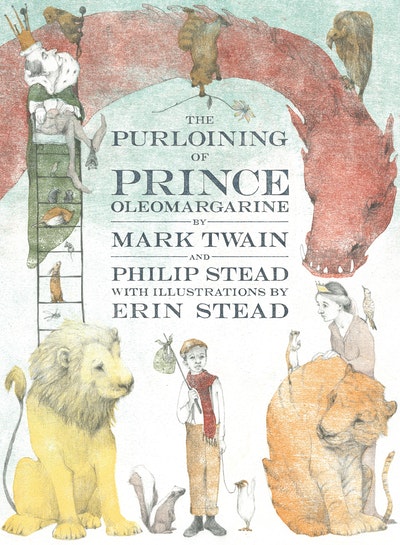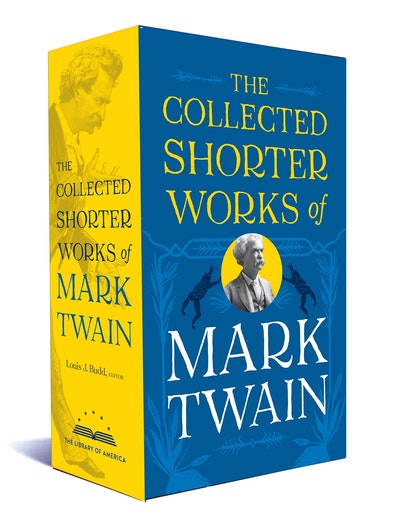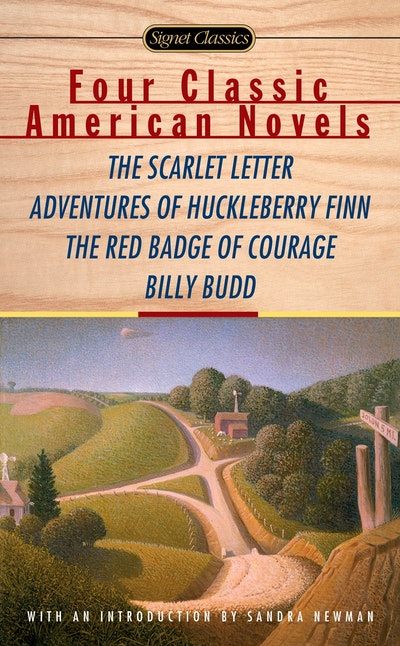- Published: 15 January 2013
- ISBN: 9789380028354
- Imprint: Steerforth Press
- Format: Paperback
- Pages: 72
- RRP: $29.99
Adventures of Huckleberry Finn
The initial 16 Campfire series titles scheduled for the Fall 2010 list will launch a graphic novel line that will see significant growth in 2011 and beyond.
Running away seemed like a good idea at the time...
The Widow Douglas is doing her best to civilise Huckleberry Finn, but it just isn't working. Wearing clean clothes, going to school, and having a hot meal waiting for him when he gets home are becoming boring and tedious.
So, to make his life more interesting Huck, as he is normally called, decides to join Tom Sawyer's gang of outlaws. However, when they fail to be the vicious ransom specialists they claim to be, Huck decides to forget about excitement and tries to give his civilised life another go. He attends school and minds his own business... for a while.
After his father turns up out of the blue and starts causing trouble, Huck decides he's had enough of normal life and sets sail on his raft for a secluded island. When he arrives he finds he's not the only one who has decided to live there. On the island, he encounters thieves, a flood that provides a nice surprise, con men, violent shootouts, family feuds and much more.
After so much adventure, Huckleberry Finn ends up wishing he was back at home, tucked up in bed after a hot meal. But does this wish come true, or do his adventures continue?
- Published: 15 January 2013
- ISBN: 9789380028354
- Imprint: Steerforth Press
- Format: Paperback
- Pages: 72
- RRP: $29.99
Other books in the series
About the author
Mark Twain's real name was Sam Clemens, and he was born in 1835 in a small town on the Mississippi, one of seven children. He smoked cigars at the age of eight, and aged nine he stowed away on a steamboat. He left school at 11 and worked at a grocery store, a bookstore, a blacksmith's and a newspaper, where he was allowed to write his own stories (not all of them true). He then worked on a steamboat, where he got the name 'Mark Twain' (from the call given by the boat's pilot when their boat is in safe waters). Eventually he turned to journalism again, travelled round the world, and began writing books which became very popular. The Adventures of Tom Sawyer and The Adventures of Huckleberry Finn are his most famous novels. He poured the money he earned from writing into new business ventures and crazy inventions, such as a clamp to stop babies throwing off their bed covers, a new boardgame, and a hand grenade full of extinguishing liquid to throw on a fire. With his shock of white hair and trademark white suit Mark Twain became the most famous American writer in the world. He died in 1910.
Praise for Adventures of Huckleberry Finn
This slender graphic adaptation of the Great American Novel preserves some of Twain’s language, most of his plot and a good sense of his sardonic take on human society. Mixing dialogue balloons with enough boxed narrative to evoke Huck’s distinctive voice, Mann packs in all of the major incidents and tones down at least some of the violence — the two con men are only “punished” here rather than specifically tarred and feathered, for instance. Similarly, though Huck gets viciously slapped around by his father in the pictures, in general there isn’t much other blood visible. . . . A good choice for readers who aren’t quite up to tackling the original, with perfunctory but well-meant notes on Twain’s life and the history of slavery in the United States. Co-published with its prequel, The Adventures of Tom Sawyer.
— Kirkus Reviews
"I highly recommend Campfire’s comics. They do what they are intended to do and do it in a way that excites kids about classic literature."
— Chris Wilson, The Graphic Classroom (a resource for teachers and librarians)
Discover more
Some of the biggest burns from classic literature.
